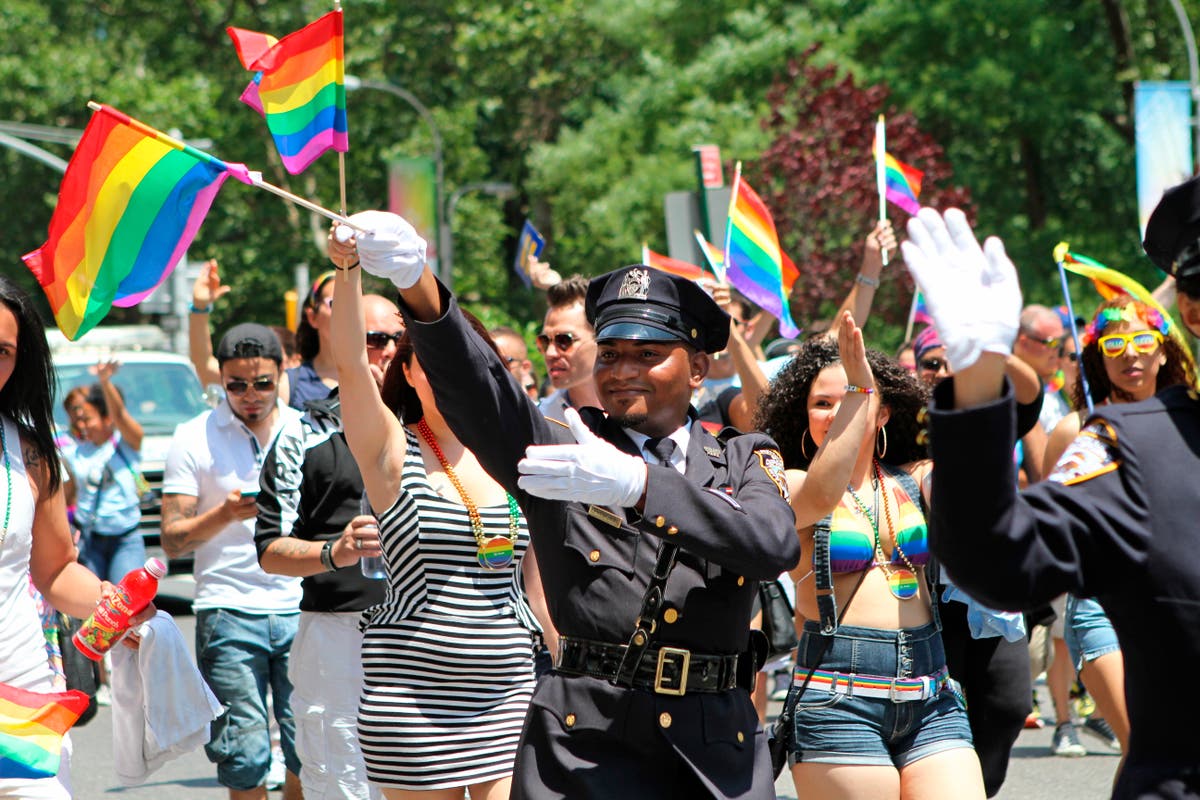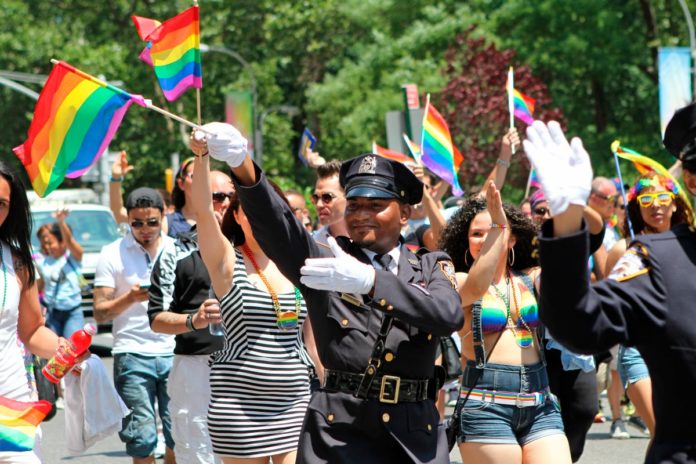
Happy Pride Month! June is intended to be a beautiful celebration of queer life and liberation, of all the labor it took to make the progress we now take for granted. It is easy to forget, in the wake of corporate support and rainbow flags everywhere, that gay marriage was only nationally legalized in the United States in 2015, six short years ago. And the journey to where we are now wasn’t easy. From the Stonewall riots, to anti-gay financial lobbying, to Reagan’s failure to protect gay communities during the AIDS crisis, queer people have been under threat for years. And now? The corporations that actively lobbied against marriage equality are slapping a rainbow on their products and claiming to support the queer community with a patronizing “Yaaaas Kween”.
AT&T, for instance, wants you to celebrate Pride with them and sponsors the Trevor Project, a queer suicide prevention initiative, all while donating money to politicians that describe gay marriage as a “breakdown of the family.” The Salvation Army may offer shelter to those in need and affordable thrifted clothing, but it also promotes a faith-based lifestyle, calling same-sex relationships sinful, and has a long history of anti-queer allegations against it. Wal-Mart sells Pride merchandise, but was sued in 2015 for anti-gay discrimination by a couple who had fallen afoul of the company’s pre-2014 policy of denying benefits to same-sex couples (unless required by state law.)
Companies like Chick-fil-A, with its long history of charitable giving to anti-LGBTQ organizations (although it announced that it was changing its stance on philanthropic giving in 2020, seemingly in response to the huge backlash doing so had provoked), are well-known for their disappointing practices. But Chick-fil-A is hardly the beginning and the end of this issue. That’s why “rainbow capitalism” is so dangerous.
Rainbow capitalism refers to the behavior of brands during Pride month, wherein so many attempt to appeal to queer communities for profit. From same-sex advertisements for jeans to cans of soup, these companies use promotions and advertisements meant to appeal to queer people’s emotions and convince us that they’re on our side. In the past five years, queerness has become normalized and routinely represented in such media — but there’s not much proof it’s done everyday queer people any good.
At the risk of stating the obvious, billionaires and corporations do not care about us. They want our money, and will use whatever means to get it. From the emotional appeal to the rainbow logos, it is always about the money. But do you really want to be “represented” in advertisements all while the same company pays politicians who are opposed to your existence? I know I don’t. And exactly how does a Bud Light ad saying “Let’s get beers tonight, queens’’ actually benefit the community rather than stereotyping us further?
If Marcia P. Johnson saw Chipotle’s Pride merchandise, I’d hope she’d throw another brick, because this is not what Pride is about. Pride is rooted in riots and revolution, in self-expression, autonomy, and anti-capitalism. Pride was, and remains, a culmination of the trauma all queer people have suffered transformed into a righteous anger and a demand for equality.
On the topic of rainbow capitalism, Medusa — a non-binary musician and LGBTQ advocate based in New York — has quite a bit to say. “Pride month gives corporations the delicious opportunity to disguise their capitalism as activism; when else is blatant exploitation rewarded with praise? An abundance of colorful products might foster the illusion of acceptance, but this support is conditional. Is your identity marketable enough to exploit? If not, can it be reduced to something that is?” they asked recently.
“The success of a rainbow campaign is not measured by the progress it affects, but by the profit it yields,” they continued. “And, like seasonal allergies, this interest in LGBTQ+ issues fades by late summer. When dangerous legislation is introduced, or when people die, these companies — and their money — are nowhere to be found.”
Performative rainbow campaigns look even less appealing when you consider the statistical facts. One in five hate crimes is motivated by anti-LGBTQ+ bias, and Black trans women face disporportionate rates of prejudice. Privately owned businesses can still refuse to serve queer couples, as decided by the Supreme Court. Sexually active gay men are still unable to donate blood: While the Covid-19 pandemic required the FDA to relax their standards from one year to three months, if queer men are actively having sex and even if they’re HIV-negative, they remain ineligible to donate, a move that many people think is rooted in prejudice rather than science.
We don’t need Pride advertisements or month-long rainbow campaigns by companies chasing woke points. We need support and protection. Before we dance down the street in a rainbow float funded by a fast food company, we need to think deeply about the people whose sexuality or gender identity causes them to live more dangerous lives than others and get to work doing something about it; something that lasts.







